- 200MW of new datacentre capacity is coming to the UAE via Khazna, part of G42.
- It ties into Microsoft’s wider $15.2bn UAE investment plan.
- First capacity is expected to go live before the end of 2026.
- Focus areas include secure Azure cloud, GPUs for AI, and sovereign workloads.
- The partners highlight responsible AI with MBZUAI and skills for one million people by 2027.
Microsoft and G42 are expanding the UAE’s cloud backbone with 200 megawatts of new capacity delivered through Khazna Data Centers. It’s part of Microsoft’s $15.2 billion commitment to the country.
The first chunk is expected online before the end of 2026. The plan leans on secure Azure services, top-tier GPUs for AI, and clear guardrails around responsible AI with MBZUAI. There’s also a big skills push, targeting one million people trained by 2027.
What’s actually being built
The announcement is simple: more power, more racks, more AI-ready infrastructure in the UAE.
- 200MW expansion, delivered via Khazna Data Centers (a G42 subsidiary)
- Coming online before the end of 2026
- Part of a national push to double the digital economy’s share of GDP over the next decade
- Built to support secure, sovereign Azure workloads and AI at scale
This capacity arrives through Khazna, which is already built at a national scale. Microsoft positions the extra headroom for AI and regulated workloads, with Azure’s sovereign options front and centre.
The timeline points to staged delivery through 2026, which matters for teams planning migrations or model training in the UAE. For context on Khazna’s standards work, see our recent coverage on certification moves aimed at AI-grade facilities. Khazna Data Centers and IDCA.
Why it matters for UAE organisations
Compute is the new oil of AI. This build helps keep that compute local.
- Extra capacity for public sector, banks, and critical infrastructure
- More GPUs for training and inference, closer to your data
- Sovereign cloud options for data residency and compliance
- Fits into UAE strategies around a bigger digital economy
Keeping workloads in-country reduces latency and compliance headaches. With more GPUs available locally, teams can train and fine-tune without shipping data abroad. It also supports the UAE’s economic plans by anchoring more high-value digital work on local soil. For a sense of how cloud capacity shows up in the ecosystem, see the Azure-backed launch we covered in Dubai’s hosting scene. WP Engine expands on Azure in the UAE.
Responsible AI and the MBZUAI link
The partners say growth must come with guardrails.
- Partnership highlights cybersecurity, data protection, and ethical AI
- Responsible AI Future Foundation set up with MBZUAI
- Signals governance models alongside infrastructure growth
The UAE’s AI scene moves fast, but governance is getting attention. The new capacity sits under a framework that points to responsible use, with MBZUAI in the mix. That’s notable given how much AI work is now being developed and tested locally. If you follow the research side, you’ve seen new UAE models and programmes landing this year. MBZUAI’s K2 Think and K2 Think challenge are good examples of that momentum.
Skills, jobs, and the talent pipeline
Hardware isn’t enough without people who can use it.
- Microsoft aims to skill one million people in the UAE by 2027
- Existing initiatives include a Global Engineering Development Centre and an AI for Good Lab in Abu Dhabi
- Ongoing work with government and education bodies to widen access
This is the unglamorous bit that makes the rest work. Training a million people by 2027 suggests a pipeline across public and private sectors, not just a few flagship teams. The existing engineering centre and AI for Good Lab set a base for hands-on work in Abu Dhabi.
On the adoption side, the UAE is already an outlier on AI usage, which means the skills investment lands in fertile ground. See our explainer on the latest numbers. UAE tops global AI use.
The bigger picture: building an AI economy at home
This expansion lines up with a wider national push and private projects we’ve been tracking.
- Supports the UAE’s plan to double the digital economy’s GDP share over the next decade
- Complements large AI infrastructure projects being built in Abu Dhabi
- Ties into vendor activity around agentic AI and local cloud regions
The UAE wants to keep AI talent, data and compute close. That requires capacity, standards, and useful tools. This 200MW adds capacity, while other projects add scale and specialisation across the stack. For more context, read our notes on G42’s ongoing build and Microsoft’s recent platform moves in Dubai. G42’s 1GW Stargate UAE update and Microsoft’s agentic AI at GITEX.
“This expansion is more than datacentres. It’s about powering the UAE’s future,” said Microsoft Vice Chair and President Brad Smith.
G42 Group CEO Peng Xiao called it a step toward an “Intelligence Grid” for the AI era.
FAQs
What exactly was announced?
A 200MW expansion of UAE datacentre capacity for Microsoft Azure, delivered through Khazna Data Centers, part of G42. First capacity is expected to come online before the end of 2026.
Where will this help most?
Public sector, regulated industries, and enterprises that need sovereign cloud options, GPUs for AI, and lower-latency access to Azure services in the UAE.
How does this fit national plans?
The move supports the UAE’s digital economy strategy, which aims to double the sector’s share of GDP over the next decade.
What about responsible AI?
Microsoft, G42 and MBZUAI are aligned through the Responsible AI Future Foundation, signalling a governance layer alongside the infrastructure build.
Any talent or skills commitments?
Yes. The partners are aligned to skill one million people in the UAE by 2027, and already run a Global Engineering Development Centre and an AI for Good Lab in Abu Dhabi.
Subscribe to our newsletter to get the latest updates and news


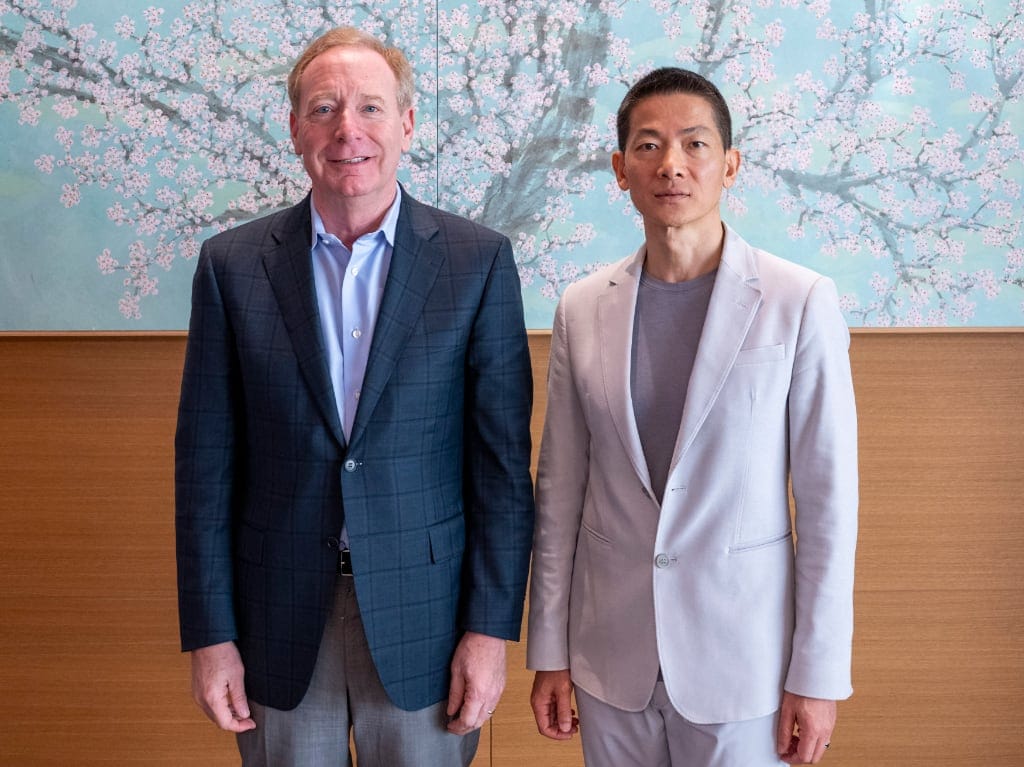

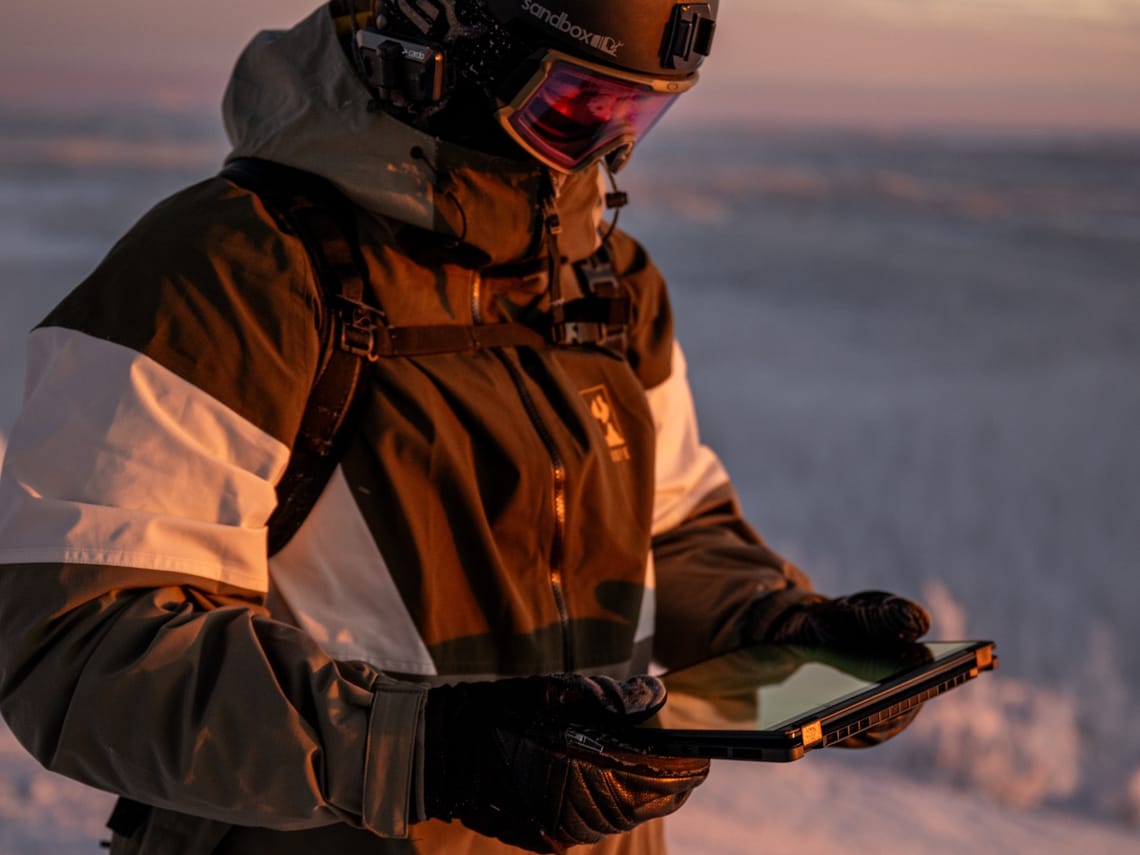

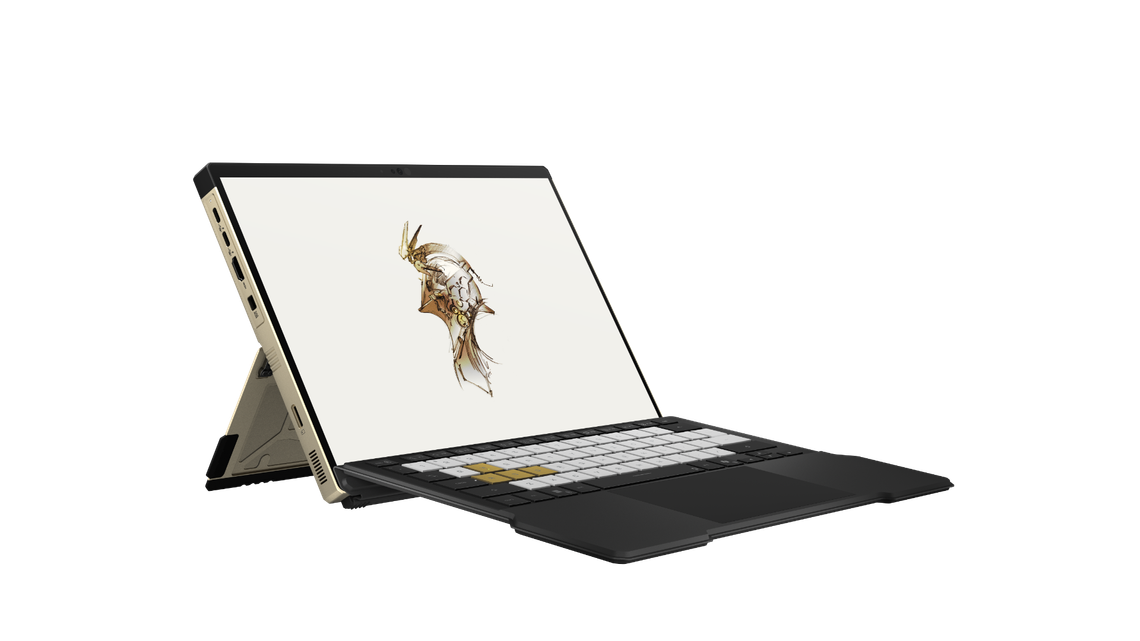



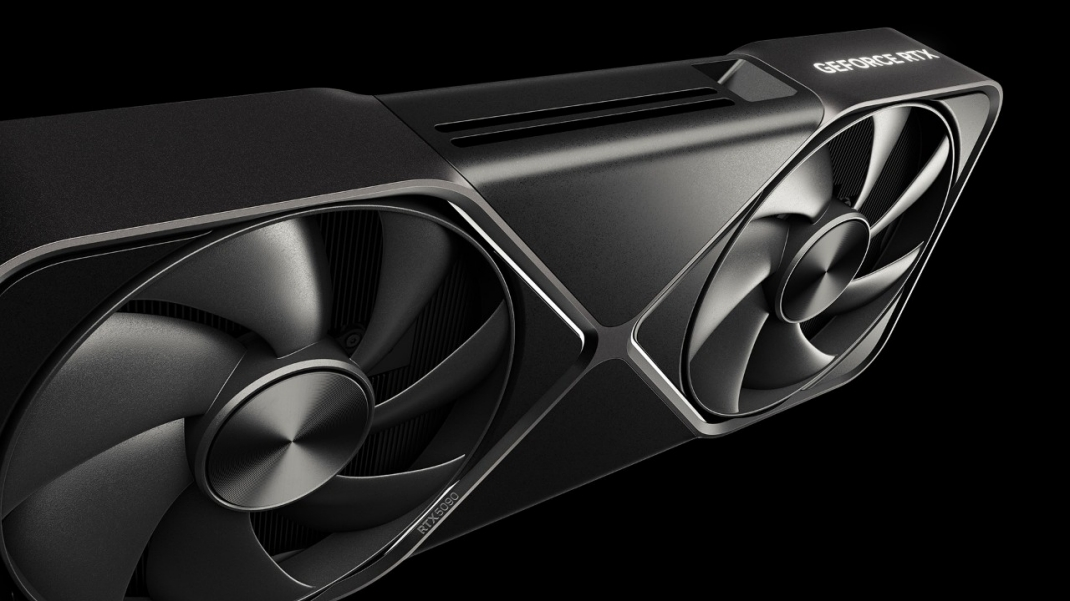

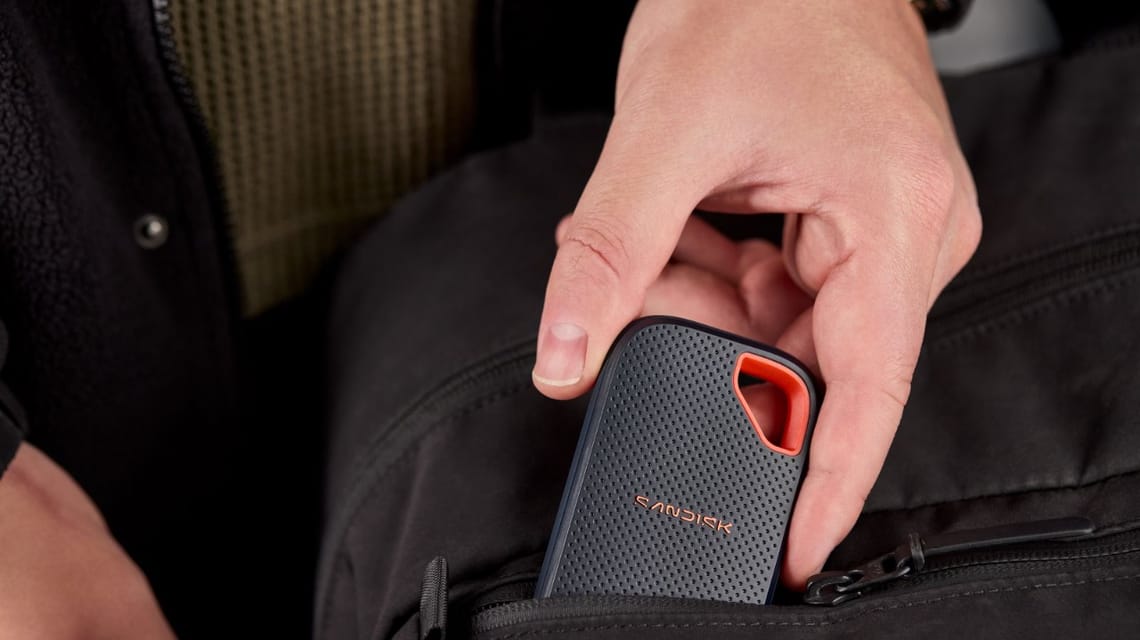


Member discussion